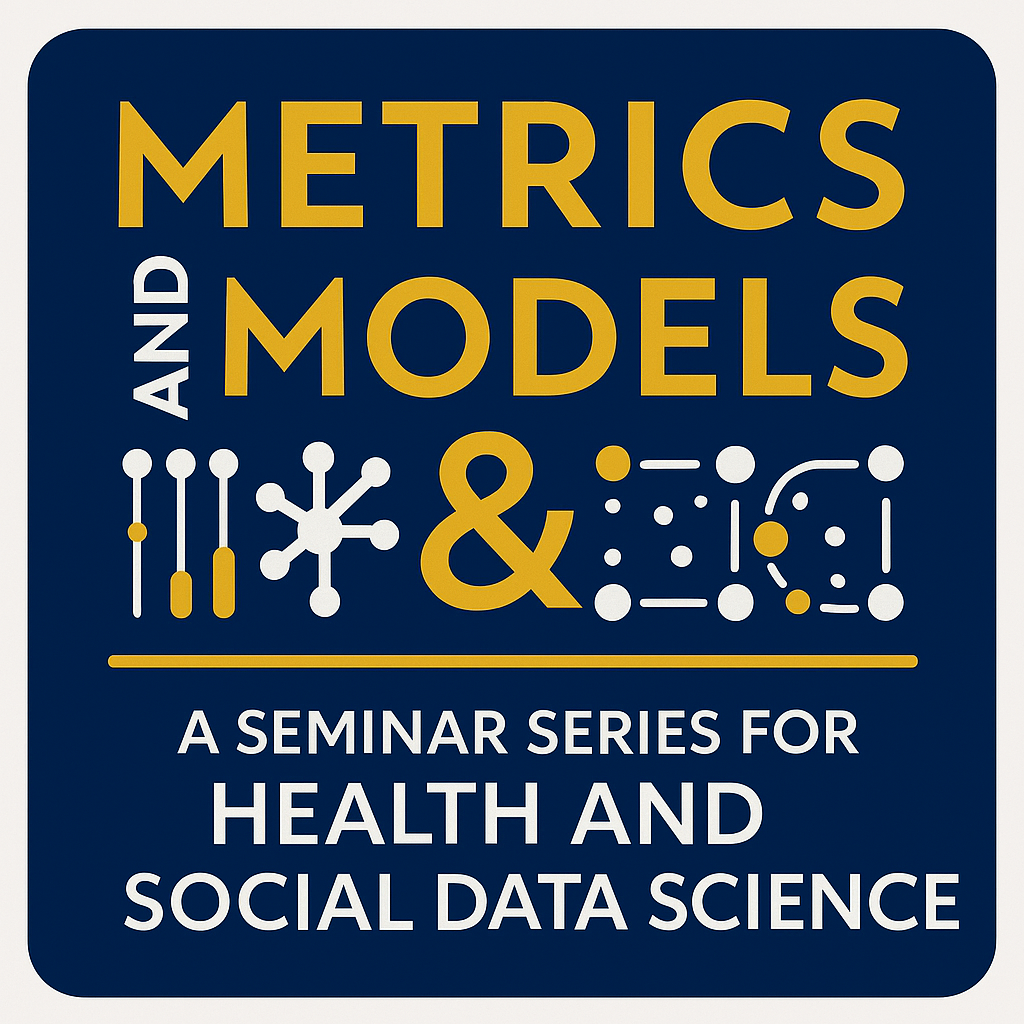Welcome to the Metrics and Models homepage!
Speaker: Weisi Guo
Institution: Centre for Autonomous and Cyber-Physical Systems, Cranfield University
Date: 14:00 BST, 17th December, 2025
Talk Title: Spatial Ecology of War and Peace: Perspective of Global Networked Tipping Dynamics
Abstract: War and human flourishing exhibits strong spatial bias across geographical scales. Geography matters in conflict and cooperation but no mathematical framework thus far ties them together at the global scale. Here, we show that simple network models can explain the spatial patterns of conflict and cooperation with accuracy and robustness, reinforced and explained by simple agent-based-modeling [1]. We go on in our second piece of work to add tipping dynamics to understand how cascades can happen or be prevented [2]. This was then linked to several branching projects: (i) how will future climate change and migration affect the model (MET Office), and (ii) how can we model causal latent spaces in climate change and conflict. More generally, I am interested in how to better understand networked tipping dynamics [3] and how it contributes to our understanding of global tipping dynamics in climate-society-technology ecosystems in the Tipping Points Report [4]
Bio: Weisi is Head of Centre for Assured & Connected Autonomy at Cranfield University (a top-50 aerospace engineering university). Part of his work is focused on creating new networked AI for the defence and security community, and this includes running a conflict prediction programme at the Alan Turing Institute (GUARD, 2017-21), as well as developing foundational research in Trustworthy Autonomous Systems (EPSRC TAS-S) and new Native AI in 6G Networks (EPSRC CHEDDAR). He has published over 270 papers, including several Nature Comm., Machine Intelligence, and opinion pieces in Nature and New Scientist.
